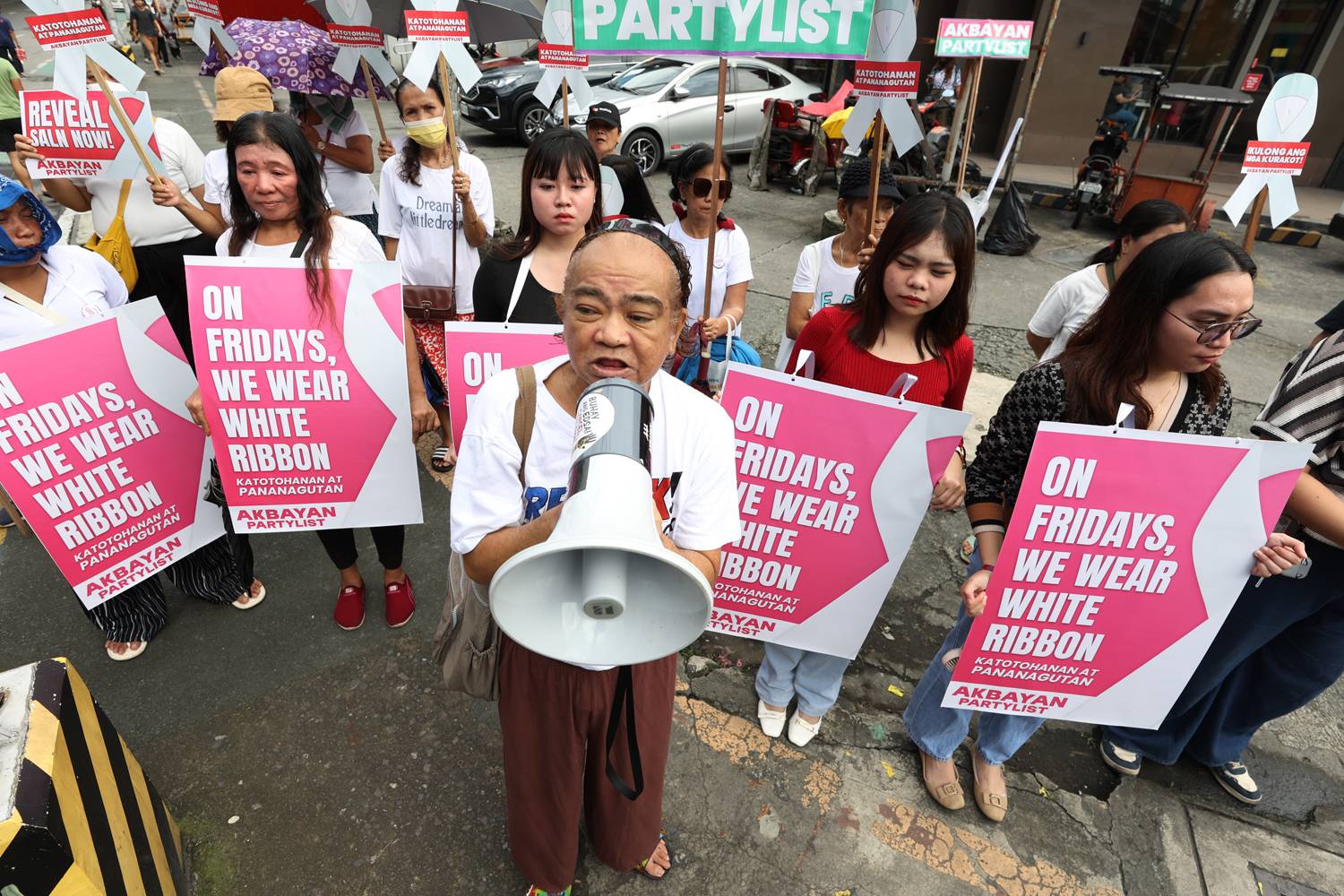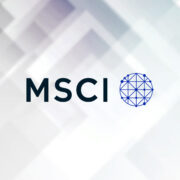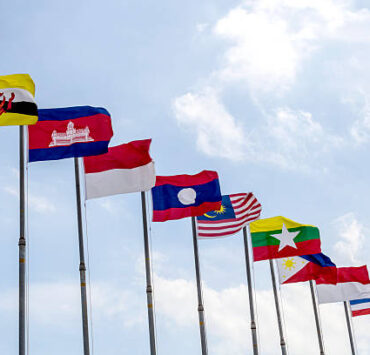From corruption to shared prosperity: Enacting ‘Pamamahalang Pilipino’

The Trillion Peso March filled Manila’s streets with rage over billions stolen through flood control projects.
Yet here’s the bitter irony: both the protesters demanding justice and the officials who orchestrated the theft speak the same language of Filipino values.
The corrupt contractor justifies kickbacks as utang na loob to political patrons. The legislator pocketing funds claims he’s practicing kapwa by bringing projects to his province. The bureaucrat enabling ghost projects rationalizes it as pakikisama with colleagues.
This is corruption’s bad genius in the Philippines. It doesn’t reject our values—it weaponizes them.
The same vocabulary that should bind us together gets twisted to justify extraction. When even the devil can quote scripture fluently, how do you argue against them?
The double corruption runs deeper than stolen money. These practices can poison the values themselves, making cynics of idealists.
Every pakikisama becomes suspect. Every utang na loob feels transactional.
We must transcend both business-as-usual and the normalized corruption that makes us shrug “garapalan na” with practiced resignation.
I propose that the answer isn’t abandoning our values. Rather, we must evolve and practice them through what we may call as “Pamamahalang Pilipino”—management anchored in values practiced at the right scale. Management practice already recognizes first-person, second-person and third-person perspectives.
These mirror our core Filipino values: diwa, kapwa and loob (DKL). The question becomes: How do we practice these DKL kasanayan to move from corruption to kaginhawaan?
‘Kasanayang pangloob’: First-person practice
Loob at personal scale shines with beauty—integrated selfhood where thoughts, will, emotions and ethics exist as one coherent whole.
The person with strong loob acts from genuine inner conviction, not fragmented between public performance and private agenda.
But watch how loob flips dark at tribal scale.
The flood control scandal revealed officials who enabled national plunder. Their loob remained integrated—just integrated around serving their clan’s interests.
Utang na loob transformed from gratitude into patronage machinery. Personal integrity meant loyalty to the network, not stewardship of public resources.
What would evolved loob look like in business? We can start with work that dignifies.
Research consistently shows that kaginhawaan, or the good life, requires sufficient income, yes, but more so requires meaningful work.
Corrupt work—no matter how lucrative—can never provide the meaning that sustains our humanity. Our pagkatao. It forces workers to fragment themselves, performing compliance while knowing they participate in extraction.
‘Kasanayang pangkapwa’: Second-person practice
Kapwa—a core concept of Sikolohiyang Pilipino that recognizes how the other is not separate from the self—works powerfully at kinship scale.
In face-to-face networks, it creates the solidarity that helps communities survive disasters, economies collapse, governments fail. We excel at microsolidarities: the barkada that would die for each other, the family business where everyone sacrifices for collective success.
The scale mismatch becomes our tragedy. Currently, I view that we have strong microsolidarities but weak macrosolidarity.
The same person who shares their last peso with their barkada enables systems that impoverish millions.
The flood control contractors practiced fierce kapwa with their network while showing zero solidarity with drowning communities three provinces away.
What would evolved kapwa require in business? Not the theatrical “corporate social responsibility” that stages medical missions while underpaying workers.
Real pakikipagkapwa-tao happens through structural interdependence—business models where stakeholder well-being becomes necessary for our own success.
Consider suppliers. A tribalistic application of kapwa squeezes them for every centavo while showing loyalty to shareholders.
Evolved kapwa recognizes suppliers as genuine partners whose sustainability affects the business. We can’t just proclaim “we value our suppliers” while designing payment terms that strangle them.
The interdependence must be structural, embedded in how the business model actually works.
‘Kasanayang pangdiwa’: Third-person practice
Diwa—spirit, consciousness, the transcendent ideal—gets captured easiest by extraction. “Para sa pamilya” justifies stealing from the nation.
Building multigenerational financial wealth becomes the pseudo-transcendent cause that sanctifies any means. The flood control funds disappeared into dynasty-building disguised as legacy, political clans masquerading as public servants.
This is diwa at its darkest: when transcendent purpose stops at bloodline boundaries. The businessperson who claims to serve society while structuring everything for his grandchildren’s wealth hasn’t transcended—they simply extended selfishness across time.
What would evolved diwa look like? Purpose that genuinely transcends immediate kinship to include the national community. Not because it sounds noble, but because business now operates at national scale. This doesn’t mean abandoning profit. It means recognizing profit as one dimension among several: environmental sustainability, social equity, national development.
The successful business contributes to these multiple bottom lines not through charity but through how it operates daily.
When enterprises and business schools become practice laboratories that translate values into evolved virtues, we can create a truly modern-day bayanihan that our times demand. From moving bahay kubo to cultivating institutions.
From corruption to shared prosperity
The Trillion Peso March was necessary. But after marching, we must build. Every business leader faces this choice daily: the shadow path or the evolution path?
The shadow path keeps working—for now. Use kinship networks for competitive advantage. Practice fierce loyalty to your tribe while treating everyone else as extractable resources.
It functions until the next scandal, the next march, until the nepo babies and the next generation inherit not just financial wealth but national shame.
The evolution path builds organizational capacity for national-scale diwa, kapwa and loob. Not through another ethics seminar but through structures that make these values operational at the scale where business actually happens.
The best kind of Filipino management, I submit, would be a kind that manifests DKL values in an exemplary manner. Dakilang—DKL—pamamaraan ng pamamahala.
After centuries of extraction—colonial and domestic—we know what doesn’t work. If we navigate this transition, we might enact true Pamamahalang Pilipino: management worthy of the name, liberated from both foreign paradigms and tribal limitations.
From corruption to shared prosperity—kaginhawaang pangsambayanan—manifested when our deepest values evolve to match our actual reality.



















We say no to violence against women